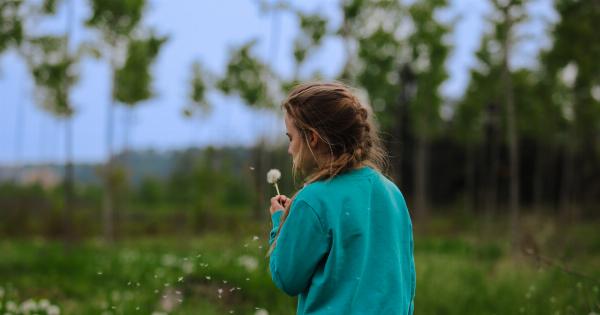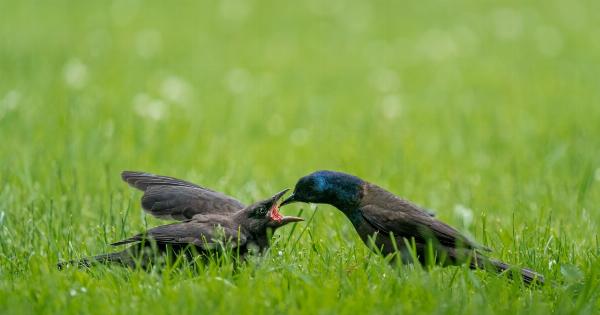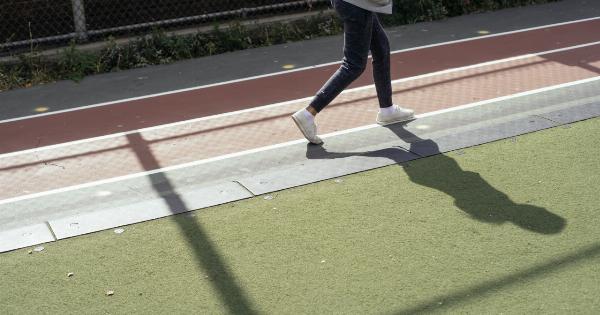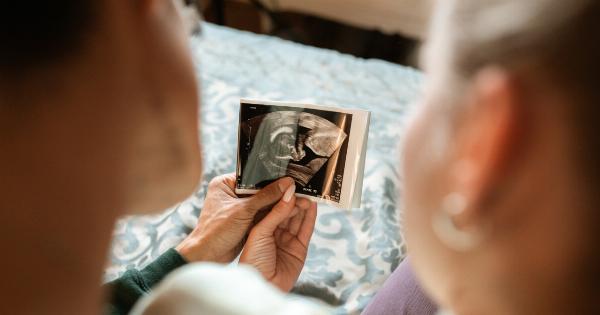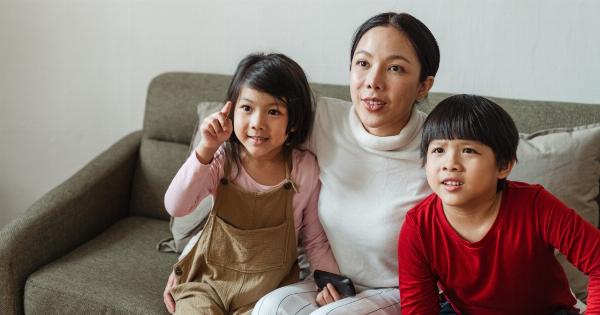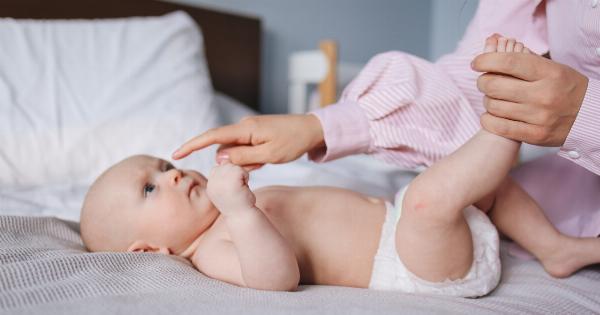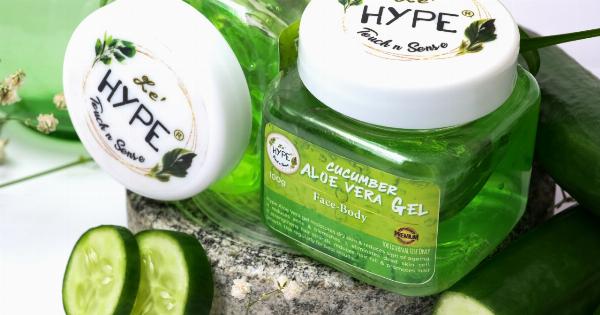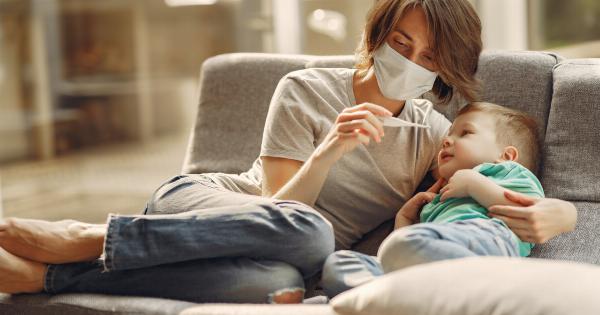Pneumonia is a serious lung infection that affects millions of people every year, causing coughing, fever, and difficulty breathing. While it is dangerous for anyone to contract pneumonia, it is particularly deadly for young children.
According to the World Health Organization (WHO), pneumonia is the leading cause of death among children under five years of age worldwide. Every year, it kills an estimated 920,000 children. The good news is that pneumonia is preventable, and by taking a few simple steps, parents and caregivers can help save their children’s lives.
What is Pneumonia?
Pneumonia is an infection of the lungs that can be caused by bacteria, viruses, or fungi. It can affect one or both lungs, and it causes inflammation and fluid buildup in the air sacs of the lungs.
This makes it difficult for oxygen to reach the bloodstream, which can cause serious respiratory problems. Pneumonia can be mild or severe, and it can develop quickly or gradually over several days.
How is Pneumonia Spread?
Pneumonia is spread through the air when an infected person coughs or sneezes. It can also be spread by touching a surface that has been contaminated by the virus or bacteria that causes pneumonia and then touching your mouth, nose, or eyes.
Children who attend daycare or school are more likely to contract pneumonia, as are children who have weakened immune systems due to malnutrition or other health concerns.
What are the Symptoms of Pneumonia?
The symptoms of pneumonia in children can vary depending on the severity of the infection and the age of the child. Some common symptoms of pneumonia in children include:.
- Cough
- Fever
- Rapid breathing
- Shortness of breath
- Chest pain
- Loss of appetite
- Weakness or fatigue
Preventing Pneumonia in Children
Preventing pneumonia in children is essential, as it is a life-threatening condition. Here are a few steps that parents and caregivers can take to help prevent pneumonia in children:.
Vaccination
The best way to prevent pneumonia is to get vaccinated. There are two vaccines that can help prevent pneumonia:.
- Pneumococcal vaccine: This vaccine protects against streptococcus pneumonia, which is the most common cause of bacterial pneumonia.
- Haemophilus influenza type b (Hib) vaccine: This vaccine protects against Haemophilus influenza type b, which is another common cause of bacterial pneumonia.
It is essential to ensure that children receive all of their recommended vaccines, including those for pneumonia. These vaccines are safe, effective, and can help prevent serious illness and death.
Handwashing
Handwashing is a simple but effective way to prevent the spread of pneumonia. Teach children to wash their hands frequently, especially before eating or touching their face.
Encourage them to wash their hands with soap and water for at least 20 seconds, or use hand sanitizer if soap and water are not available.
Avoid Exposure to Smoke and Pollution
Exposure to smoke and pollution can increase the risk of developing pneumonia. If you smoke, try to quit, and avoid exposing your child to secondhand smoke.
If you live in an area with high levels of air pollution, try to limit your child’s exposure by keeping windows closed, using an air purifier, and avoiding outdoor activities during times of high pollution.
Good Nutrition
Malnutrition can weaken a child’s immune system, making them more susceptible to pneumonia. Make sure your child is getting a balanced, nutritious diet with plenty of fruits, vegetables, and protein.
Seek Prompt Medical Attention
If your child develops symptoms of pneumonia, seek prompt medical attention. Pneumonia can be treated with antibiotics, but prompt treatment is essential for a full recovery. In severe cases, hospitalization may be necessary.
Conclusion
Pneumonia is a dangerous and potentially deadly respiratory infection, particularly for young children.
However, it is preventable, and by taking a few simple steps, parents and caregivers can help protect their children from this life-threatening condition.
By ensuring that children receive all of their recommended vaccines, teaching them to practice good hand hygiene, avoiding exposure to smoke and pollution, providing them with a nutritious diet, and seeking prompt medical attention when necessary, we can help prevent childhood pneumonia and save lives.

